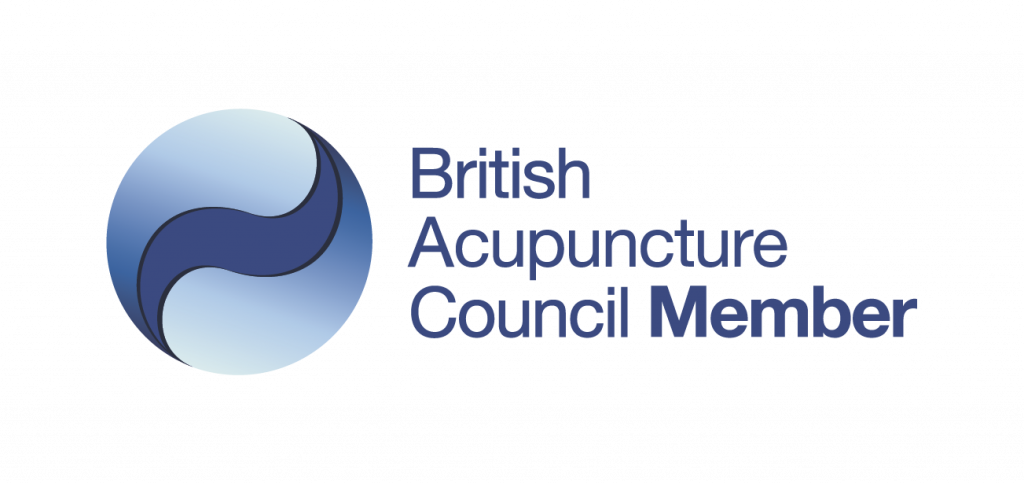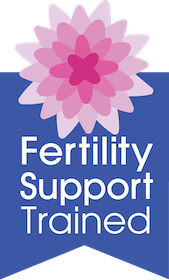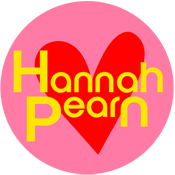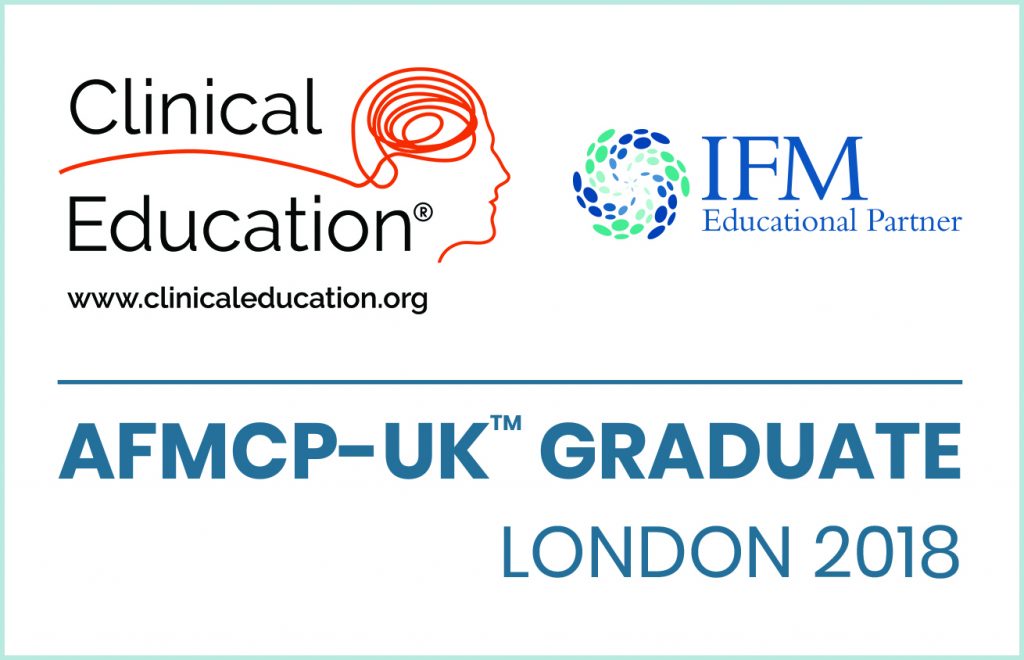Explore services
Our Practice Areas
Mission Statement
Dedicated to Optimizing Fertility & Health.
Here at the Ecotherapies Fertility Acupuncture Clinic, I am dedicated to providing Acupuncture and Fertility Support* to patients to help them restore their health and wellbeing
Visit Ecotherapies Today:
32 Madeira Ave, Leigh-on-Sea, SS9 3EB, United Kingdom
aBOUT Ecotherapies
Essex leading acupuncture clinic for IVF, Natural Fertility, Women’s Health and Pregnancy.
If you’re feeling lost, confused, and not sure what to do next, you’ve come to the right place. Here at EcoTherapies fertility acupuncture practice, we can help optimize your health and fertility, investigate, advocate, educate, and support you through your journey.
WHAT MY PATIENTS SAY
I suffered an ectopic pregnancy which resulted in my fallopian tube being removed. My remaining
fallopian tube was blocked so this meant that IVF was our last chance in having a second child.
I started acupuncture with Elaine, she taught me how to control my diet with avoiding high sugar
foods and certain carbs that did not help women with PCOS.
I have to say that Elaine has been my rock through the whole IVF process. Not only did she carry
out acupuncture she also listened and was there for me. IVF is a very stressful process and I was
very lucky to have Elaine by my side helping me through some of the darkest days of my life. One
year on I am now a happy mama to 2 beautiful babies.
I will continue my acupuncture with Elaine as it really does help with my hormones and stress
levels.
I really can’t thank Elaine enough and would high recommend Elaine.
RoxanneEcotherapies IVF Patient Book Free 15min Discovery Call
Go ahead and book a free 15 minute discovery call to explore how I can support your needs.




